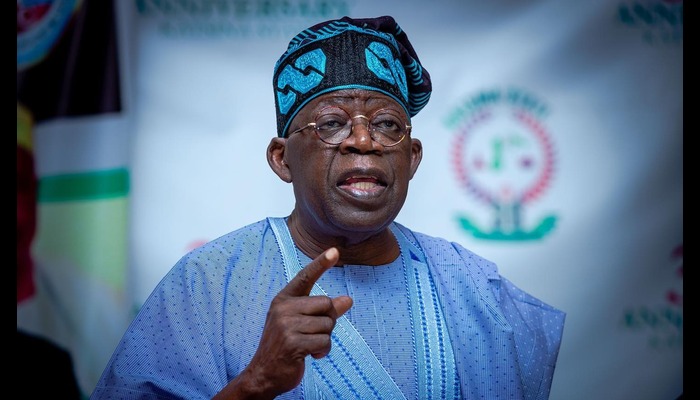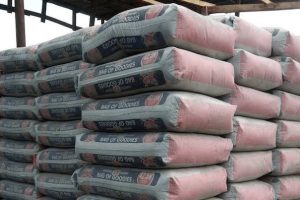
The Federal Government has reiterated its commitment to phasing out the importation of photovoltaic (PV) solar panels into Nigeria, citing over N200 billion spent so far on these imports.
The move is part of a broader strategy to boost local manufacturing and reduce dependence on foreign renewable energy equipment.
Speaking at a stakeholder roundtable in Victoria Island, Lagos, the Managing Director and Chief Executive Officer of the Rural Electrification Agency (REA), Abba Aliyu, emphasized the urgent need to localize the production of renewable energy components. The event also marked the signing of a Memorandum of Understanding (MoU) between the REA and the Lagos State Government to enhance electrification in underserved rural areas across the state.
Aliyu noted that while imports have played a critical role in driving Nigeria’s renewable energy growth, they are not sustainable in the long term. He stressed that domestic production is essential for cost reduction, energy independence, job creation, and the development of a thriving clean energy sector.
“Nigeria has spent over N200 billion importing photovoltaic solar panels. While imports have supported the sector so far, our goal is to transition towards full-scale local manufacturing. Lagos, as a hub of innovation and excellence, is poised to lead this charge,” Aliyu stated.
To this end, he revealed that a PV panel assembly plant located in Ikotun, Lagos, initially with a capacity of 10 megawatts, has now scaled up to 100 megawatts through REA’s support. He also announced plans for a major investment in battery technology.
“We are in the process of finalizing a $150 million joint development agreement with Green World to establish a lithium battery assembly plant in Lagos. This will not only complement solar panel production but also strengthen the renewable energy value chain,” he added.
In alignment with this initiative, the Minister of Innovation, Science and Technology, Uche Nnaji, recently affirmed the Federal Government’s willingness to back local manufacturers of solar panels. He highlighted efforts by the National Agency for Science and Engineering Infrastructure (NASENI), which has commenced production of solar panels within Nigeria.
“With NASENI and other private players already manufacturing locally, we have the capacity. Under the Presidential Executive Order No. 5, we intend to curb solar panel imports and fully support indigenous manufacturers,” Nnaji said.
However, not all stakeholders are in agreement with an outright import ban. The Renewable Energy Association of Nigeria (REAN) cautioned against such a move without first ensuring the local manufacturing sector is adequately equipped to meet demand.
“Solar energy remains a critical lifeline for millions of Nigerians who lack access to reliable grid power. It supports businesses, hospitals, schools, and households. While promoting local production is necessary, banning imports prematurely could stall progress, reduce access, and hinder innovation,” REAN warned.
The debate reflects the balancing act between fostering local industry and maintaining momentum in Nigeria’s renewable energy transition. Industry experts say that a phased approach where incentives for local production are scaled alongside a gradual reduction in imports could offer a more sustainable solution.





